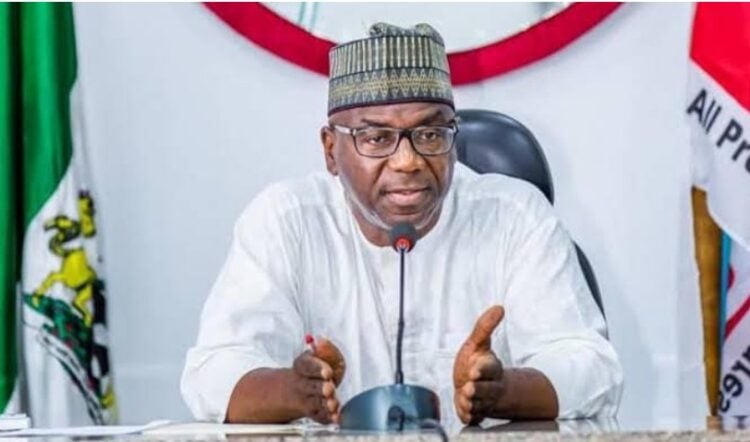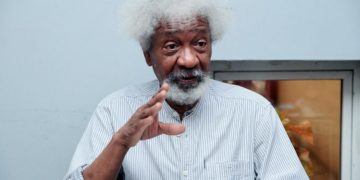Governors have said states bear the heaviest responsibility in addressing Nigeria’s staggering annual infrastructure financing deficit, estimated at $100 billion.
Chairman of the Nigeria Governors’ Forum (NGF) and Kwara State Governor, AbdulRahman AbdulRazaq, disclosed this at the launch of the NGF Investopedia platform in Abuja.
AbdulRazaq, who Nasarawa State Governor Abdullahi Sule represented, stressed that public funding alone cannot close the gap.
He said the new platform was designed to mobilise global and African capital into bankable projects across the 36 states.
“Here is Africa’s largest economy, endowed with abundant human and natural resources,” he noted. “Yet over the last decade, foreign direct investment inflows have averaged only $2 billion annually, less than 0.5 per cent of GDP.
These investments are primarily concentrated in oil and gas, telecommunications, real estate, and agriculture—sectors that, while important, have not catalysed the broad transformation Nigeria’s states desperately need.”
The NGF Chairman described the shortfall in infrastructure funding as a pressing challenge. “Nigeria’s annual infrastructure financing gap is estimated at $100 billion, a figure that states bear the heaviest responsibility to bridge.
Public projects alone cannot solve this problem. To unlock prosperity, we must mobilise both global and African capital through a unified, credible financing process that creates jobs, modernises infrastructure, and fosters inclusive growth,” he said.
Abdulrazaq explained the purpose of the new initiative: “The NGF Investopedia serves as a one-stop shop for investors by providing credible, transparent, and curated pipelines of projects across all 36 states of the federation.”
“It is not just a padlock; it is an entry point showing investors not only where to invest but also how to invest in Nigeria confidently.”
Abdulateef Shittu, Director General of the NGF Secretariat, said the platform would simplify investor engagement by consolidating bankable projects and reducing search costs.
He noted that states budgeted over N17.5 trillion for capital projects in 2025, but financing constraints and fragmented entry points often deterred investors.
“By curating bankable pipelines of projects across all 36 states, the platform reduces investor search costs by consolidating credible projects into a single gateway,” Shittu said. “It provides confidence through due diligence and transparency and mobilises partnerships beyond financing to include technical assistance, capacity-building, and risk mitigation.”
He thanked strategic partners, including Afreximbank, UNDP, and the Ministry of Finance Incorporated (MOFI), saying their support gave the platform “strategic weight and technical depth.”
International partners at the launch also welcomed the initiative. Christine Harbaugh, Counsellor for Economic Affairs at the US Embassy in Nigeria, said the United States was eager to deepen commercial ties through transparent platforms such as Investopedia. At the same time, Peter Olowononi, Afreximbank’s Head of Client Relations for Anglophone West Africa, described it as “a catalytic tool designed by the states themselves.”
In his capacity as host governor, Governor Sule also highlighted opportunities in Nasarawa, including policies mandating local mineral processing, which led to the establishment of what will be Africa’s largest lithium processing plant.
The NGF Investopedia platform, unveiled at Transcorp Hilton, Abuja, marks a coordinated effort by Nigeria’s governors to attract large-scale investments, bridge the infrastructure financing gap, and reposition states as competitive destinations for sustainable growth.











